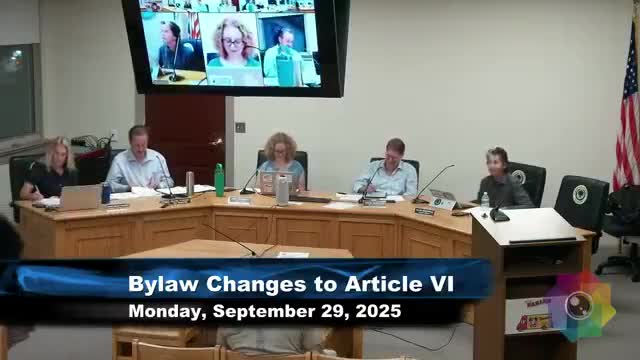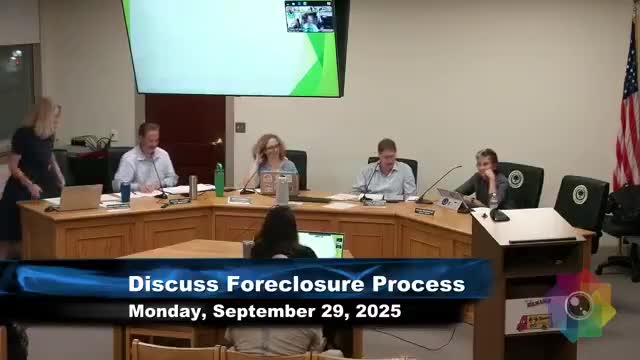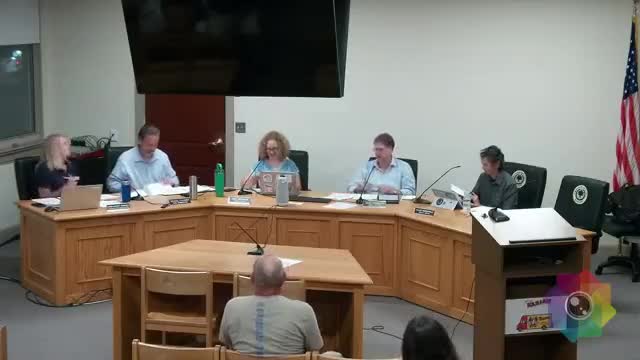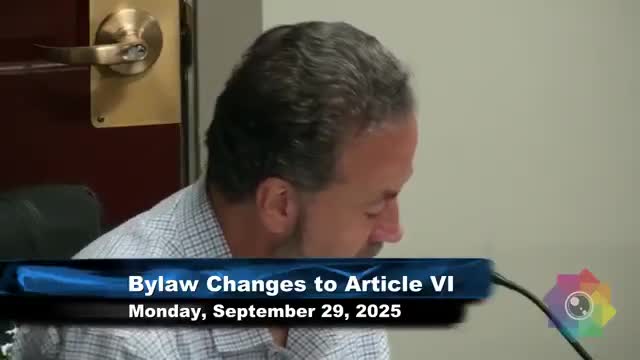Article not found
This article is no longer available. But don't worry—we've gathered other articles that discuss the same topic.

Millis board directs staff to study local public transportation options after residents describe gaps

Millis treasurer outlines post‑Tyler changes to tax taking and foreclosure process

Millis board approves all‑alcohol license for dog‑centric bar pending final town permits

Votes at a glance: Millis Select Board actions Sept. 29

